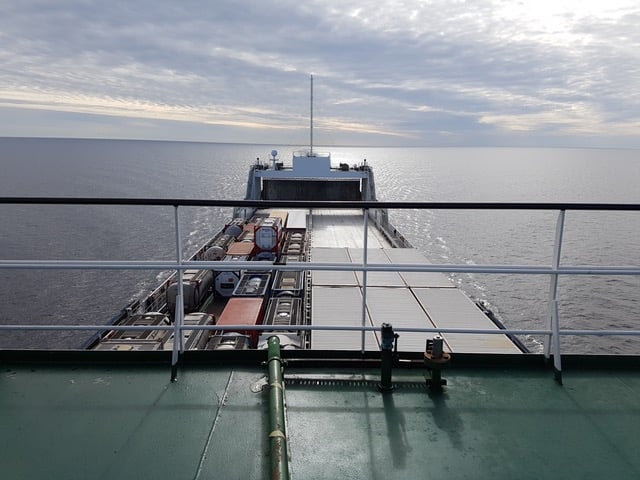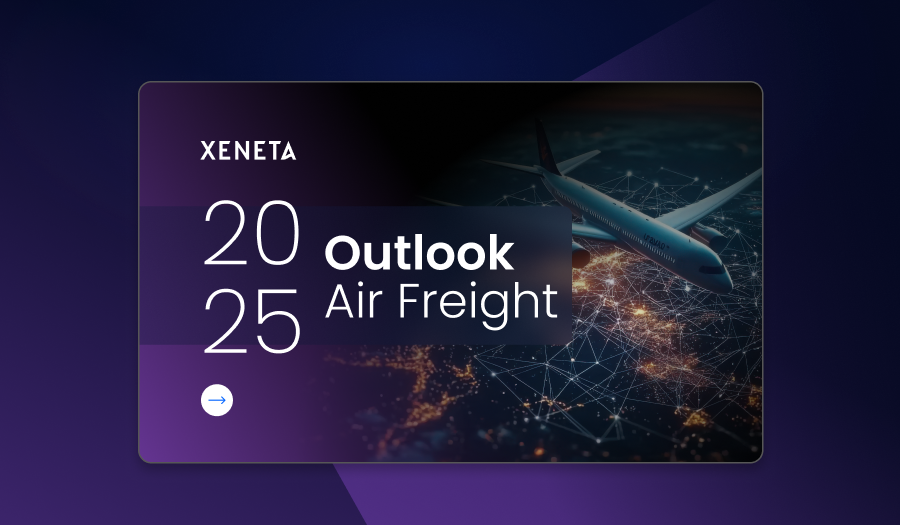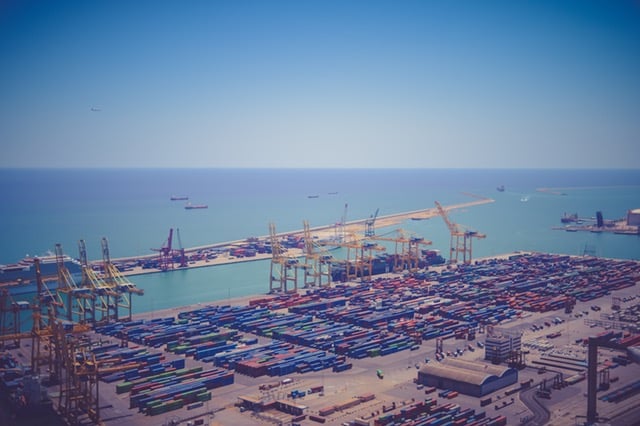
NVOCC and Freight Forwarder are often considered the same by many people. This may have been influenced by the FMC’s consideration of both NVOCC and Freight forwarder as an Ocean Transportation Intermediary (OTI). However, whether you are a US-based NVOCC or Freight Forwarder, you must obtain a license to provide these services in the United States.
What is the difference between an NVOCC and a Freight Forwarder?
Although both are considered OTI, functionally and legally, there are some differences. If you take a closer look, much of the differences between the two will be evident from their definitions and scope of activities. These are the main differences between a NVOCC and a freight forwarder:
- NVOCC and Freight Forwarders are considered OTI
- Freight Forwarder provides expert advice and consultancy services
- NVOCC provides carrier service under their bill of lading
Definition and Scope of Activities of a Freight Forwarder
A freight forwarder may be the entity employed by an importer or exporter to handle a few different activities relating to their shipments.
A forwarder’s activities may include, but are not limited to :
- Organizing cargo movement from Point A to B using multiple modes of transport – sea/rail/road. Points A and B may be inland locations as well.
- Negotiating contract rates with carriers on behalf of the customer
- Booking cargo with the carriers under their own freight/service contract or using the customers’ freight/service contract
- Processing all relevant shipping documents such as customs and port documentation, bills of lading, and associated shipping/negotiating documentation (EUR1, Certificate of Origin, etc.)
- Issuing their own approved house bill of lading (HBL)
Apart from the above, a freight forwarder may have other functions such as:
- Providing expert advice and consultancy services to the customers relating to the usage of the correct Incoterms, letter of credit, licenses, permits, and general information relevant to the safe movement of the cargo.
- Accept and arrange storage of the cargo, whether before shipment from the port of loading or after receipt of cargo at the port of discharge before distribution to other areas as per client requirement. Most big freight forwarders have their warehouses, but a few forwarders outsource this to optimize asset utilization.
- Using these warehouses, the forwarders arrange the distribution or “forwarding” of the cargo as per the instructions of their client
- Arrange inland haulage of the cargo from/to the customers’ premises and port as required
- have a thorough knowledge of over/cross border cargo movement,
- arrange customs clearance
What Is NVOCC?
An NVOCC may be defined as an entity that provides ocean freight services as a “carrier,” albeit with or without own or operated vessels.
The NVOCC accomplishes this by buying slots or space from a VOCC (Vessel Operating Common Carrier) and reselling the same to their customers, who can be exporters or forwarders.
NVOCC issues its own House Bill of Lading as a “carrier” and, in doing so, undertakes the responsibilities of a carrier subject to, of course, the terms, conditions, and liabilities of their bill of lading.
Apart from obtaining a license from the FMC, NVOCC operators also have to file a tariff before operation in the USA.
A tariff contains actual freight rates, charges, surcharges, freight classifications, rules, regulations, and practices of a common carrier (VOCC or NVOCC).
So some of the key differences between a NVOCC and a freight forwarder may be tabulated as below :
NVOCC vs. Freight Forwarder
|
Activity |
FF |
NVOCC |
|
Associations |
Most recognized and global forwarders belong to an association of freight forwarders called FIATA (International Federation of Freight Forwarders Associations), which is considered the global voice of freight logistics. |
There are no such associations for NVOCCs globally, while some localized groupings may exist in different countries. |
|
Shipping documentation |
Issues their bill of lading and other shipping documents, which are generally based on standardized documentation created by FIATA |
Issues their bill of lading may or may not be based on any global standard. |
|
Shipper/Carrier |
Acts as an agent to/for the shippers |
Acts as a carrier to the shippers and shipper to the carriers |
|
Containers |
Uses shipping lines containers and does not own or operate containers |
Some of the big NVOCCs own and operate their fleet of containers |
|
Warehouses |
Some big freight forwarders own and operate their warehouses as a value-added service to their other shipping services. |
They do not generally own and operate their warehouses; however, some big NVOCCs also double up as freight forwarders (Expeditors International, for example) |
|
Networks |
Several freight forwarder networks worldwide co-operate as network partners on an exclusive or non-exclusive basis in handling cargo all over the world. |
Some of the big NVOCCs appoint agents at various ports, like how shipping lines appoint agents at multiple ports to handle their commercial and operational requirements, especially those that own and operate containers. |
|
Agents/Partners |
May act as an agent for NVOCC |
Very rare to find an NVOCC acting as an agent for a freight forwarder |
|
Liabilities |
Traditional forwarders are covered under freight forwarders’ liability as defined in the FIATA terms and conditions. |
Traditional NVOCCs are covered under carrier liability as defined in the FIATA terms and conditions. |
A traditional NVOCC does not provide services provided by a freight forwarder and vice versa, but in some cases, the line between an NVOCC and a conventional freight forwarder may be blurred.
Who provides the best service and ocean freight rates between a freight forwarder, NVOCC, and a carrier? The jury is still out on that. For particular services and offering insight into rates and market, movements make a big difference. How can these suppliers differentiate from each other? That’s the question shippers and suppliers are all after.


-1.jpg)



